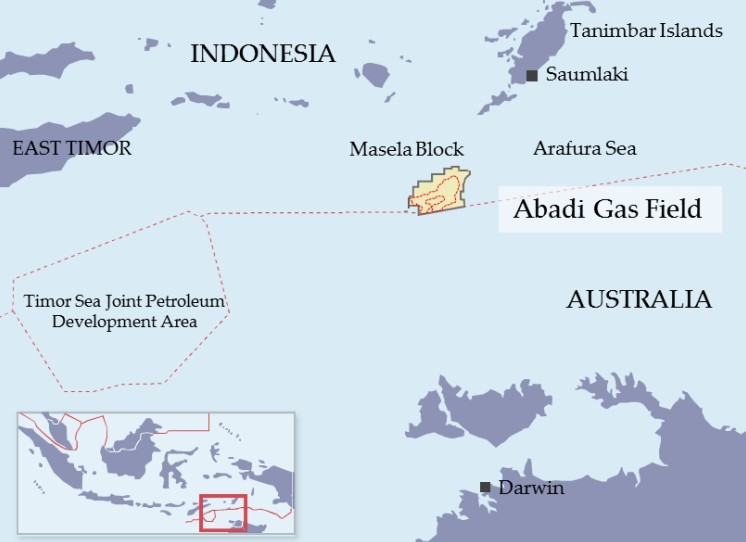Indonesian upstream regulator SKK Migas has confirmed Shell is in talks to withdraw from Indonesia’s proposed Abadi LNG export project.
The Inpex-operated giant Abadi LNG project has seen many changes over the years and initially the development of the Masela offshore block involved a floating LNG plant.
The latest revised plan includes a 9.5 mtpa onshore LNG plant with an estimated cost of $20 billion.
Japan’s Inpex has a 65 percent stake in the development while the Hague-based Shell owns a 35 percent stake.
But Shell is looking to offload its stake and the company is in the process of finding a partner to take over its participating interest in the block, according to a report by S&P Global Platts citing SKK Migas’ operations deputy Julius Wiratno.
“They are currently in discussions on a business to business basis with Inpex and potential partners,” Wiratno told Platts in an interview on Monday.
He added that Inpex would likely continue to control the Abadi project, either by itself or along with other partners.
LNG Prime reached out to Shell for a comment. A Shell spokesperson declined to comment.
Covid-19 impact
The move by Shell to sell its stake in the Abadi LNG project is not a new development and it reached media headlines last year following a report by Reuters
The agency reported in May 2019 citing industry and banking sources that Shell was looking to sell the stake in order to raise cash to help pay for its $54 billion purchase of BG Group in 2015.
However, the market is quite different this year due to the Covid-19 coronavirus pandemic.
Shell recently revealed it would take a post-tax impairment charge of between $15 billion and $22 billion in the second quarter.
The company expects $8-$9 billion impairment charges for its integrated gas business, primarily in Australia, including a partial impairment of the QGC and Prelude FLNG asset values.
The LNG giant has joined other energy majors in slashing the value of their oil and gas assets and capital expenditure to cope with the Covid-19 pandemic.
Covid-19 restrictions and lockdowns have destroyed demand all over the globe weighing down on oil, gas and LNG prices to their record lows.
It is not known how much would the Abadi LNG stake sale bring in this market to Shell but some reports suggest a sum of about $1-$2 billion.

